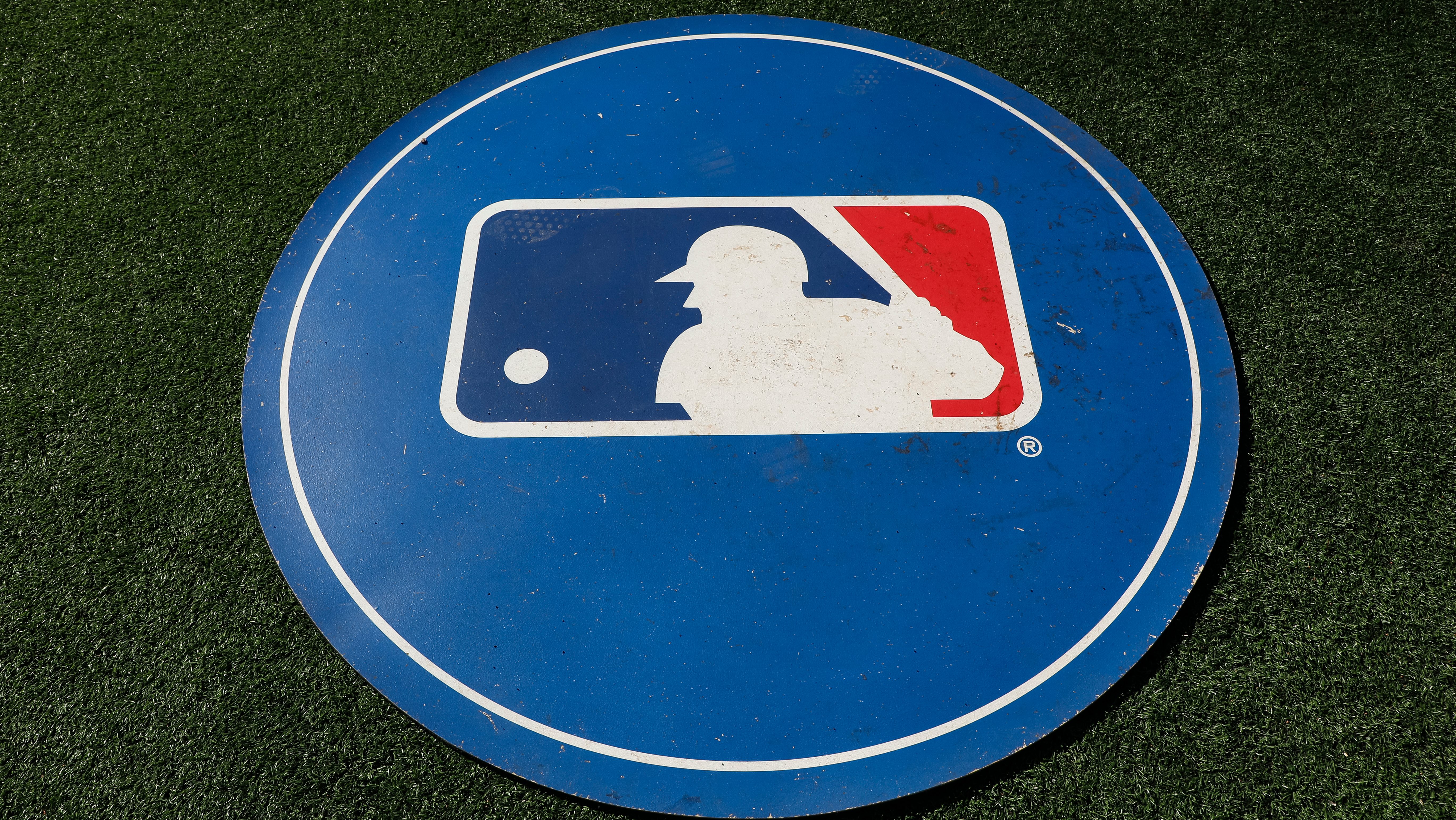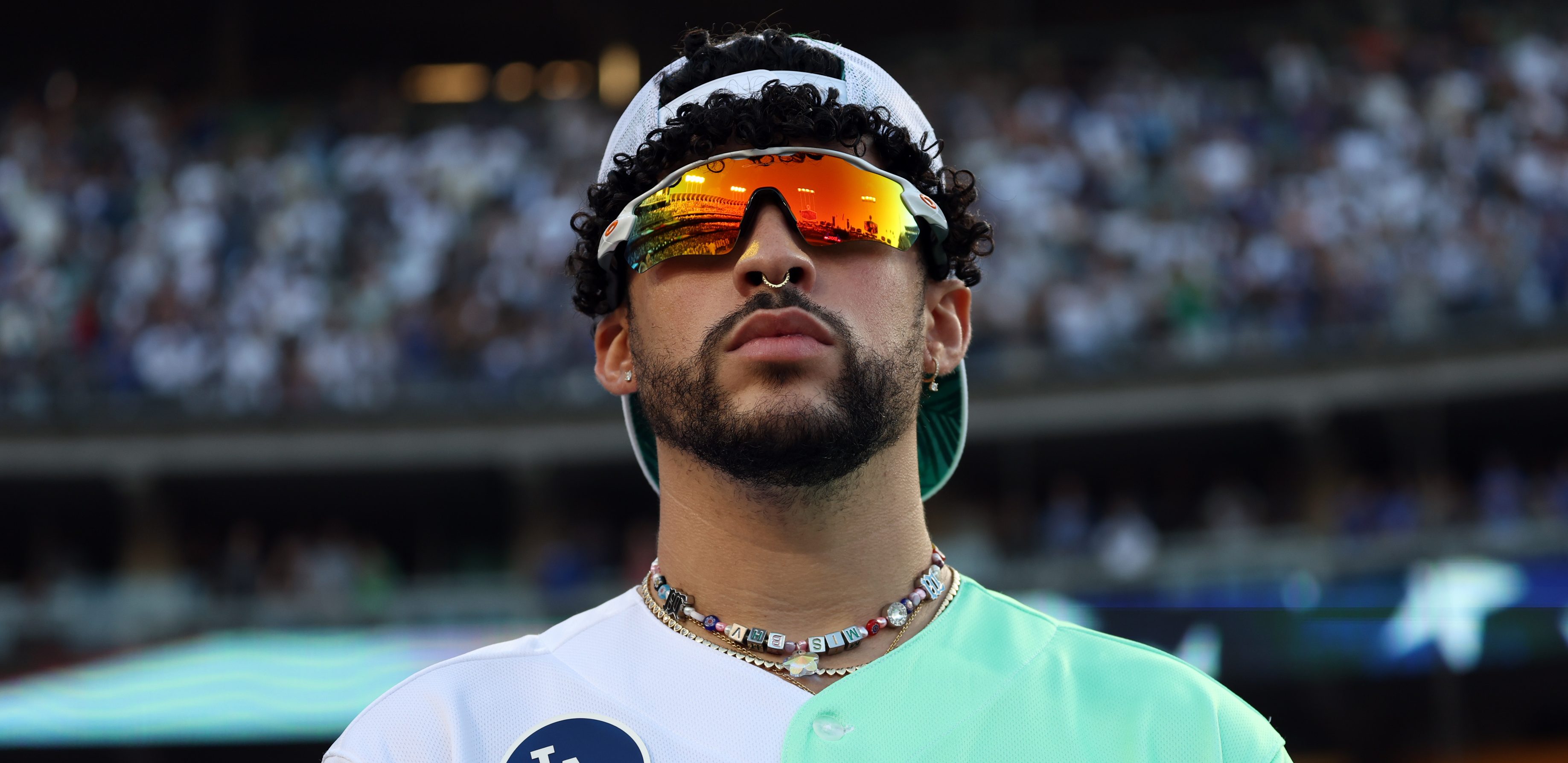ST. LOUIS – Jason Heyward remembered watching “Pardon the Interruption” one day during the offseason and seeing Chicago guy Michael Wilbon on ESPN.
“They said: ‘Is Heyward really worth $300 million?’” Heyward recalled during his controversial return to Busch Stadium this week. “I was like: ‘Who brought that up?’ I don’t think I’m worth $300 million. I don’t think I would ever try and sell myself for $300 million or any (specific) amount. Teams are going to tell you what they feel and they go from there.”
The Cubs wound up going to a place they had never been before, giving Heyward the biggest contract in franchise history, committing eight years and $184 million to a player who does the little things.
Age is the essential data point to start with when understanding Heyward’s megadeal. Not the idea of weakening the St. Louis Cardinals or wishing he will develop into a middle-of-the-order force or going all-in to win the World Series this year.
It will probably make $300 million look like a half-hearted offer by the 2018 winter meetings, when Bryce Harper and Manny Machado are positioned to headline a ridiculously talented class of free agents that could also include Cy Young Award winners Clayton Kershaw and David Price, who like Heyward have opt-out flexibility.
“I just try and be myself,” Heyward said. “I think age has a lot to do with my contract, being 26 years old. You see MLB trying to go younger, younger, younger, wanting to pay guys earlier in their career and not pay someone who’s (in his 30s).
“There are going to be people who don’t agree (with the contract), but I’m kind of what you’re asking for in a lot of (ways).”
MLB
Harper and Machado will be 26 years old on Opening Day 2019. Harper has already made three All-Star teams and won National League Rookie of the Year and MVP awards for the Washington Nationals. Machado hit 35 homers for the Baltimore Orioles last year, earning his second All-Star selection and second Gold Glove at third base.
Heyward made an All-Star team as a rookie in 2010 and hasn’t come close to replicating his traditional power numbers (27 homers, 82 RBI) with the Atlanta Braves in 2012. He’s shown up three times in the MVP voting, never higher than last year’s 15th-place finish.
To put it in Hollywood terms, the Cubs see Heyward as a supporting actor and are paying him like a movie star, because there will be enough times where he can steal the show.
“With Jason, there are just so many things he does to help complement our roster incredibly well,” general manager Jed Hoyer said. “He fits perfectly with our core from an age standpoint.
“He’s a terrific teammate (and) he does so many things to help you win games. His defense is terrific. He’s a terrific baserunner. He gets on base. He doesn’t strike out.
“When you think about all the things that we needed as a team and as a roster, he fills so many of those holes.”
Heyward says he never pays attention to the defensive metrics that framed him as one of the most valuable players in the game. But he does have a heightened awareness of the pitcher’s game plan, where a hitter usually sprays the ball and the speed of the runners involved.
That helps explain why Heyward has won three Gold Gloves in the last four seasons, leading the majors in Defensive Runs Saved in 2014 (32) and finishing fourth in that category last year (22).
This season isn’t three weeks old yet and Heyward has already made sliding catches and momentum-shifting throws from right field look routine.
“I just try to know where everybody’s going to be on the field,” Heyward said. “You always want to think about those things before the play happens and it develops. Expect the worst that could happen. Expect to have to go make a diving play. Expect the ball to be hit to you and you have to make a big throw out there.
“You want to be in every spot like that to know what’s going to happen. And when it does happen, you’re not surprised.”
Tampa Bay Rays center fielder Kevin Kiermaier (30) is the only defender who posted a higher Ultimate Zone Rating than Heyward (20.2) last year. In 2014, only Kansas City Royals left fielder Alex Gordon (25) finished with a better UZR than Heyward (24.1).
This is like having a quarterback or a point guard in the outfield.
“I picked his brain a lot in spring training,” said bench coach Dave Martinez, who works with the outfielders and played 16 seasons in the big leagues. “I actually told him: ‘Hey, it’s no-holds-barred here. Not only are you a student – I want you to teach.’ And he’s done that.
“He is definitely a leader. He pays attention to detail and he takes a lot of pride in his defense.”
Imagine the response on talk radio and in the bleachers if Heyward had been on a different Cubs team – before Big Data – and was hitting .179 with zero home runs through his first 15 games.
But winning cures everything and the Cubs believe Heyward will see so many pitches near the top of the order – and get on base around 35 percent of the time – that the grinding, first-to-third mentality will influence their entire team.
Heyward’s sense of calm amid a racially charged social-media storm and the boos raining down at Busch Stadium – as well as his rational explanations for choosing the Cubs over the Cardinals – reinforced the idea that he is a person to build a franchise around.
This is also the cost of doing business in free agency. It’s not like the Cubs were out on an island with their valuations, either, since the Cardinals and Nationals tried to put together Heyward deals in the $200-million ballpark.
“He fits in so perfectly to what we’re trying to achieve and the kind of culture we’re trying to create,” manager Joe Maddon said. “He fits in anywhere, though. Understand that – he fits anywhere. He doesn’t just fit in Chicago. He fits anywhere.
“He is pretty much the poster child for a five-tool baseball player.”


